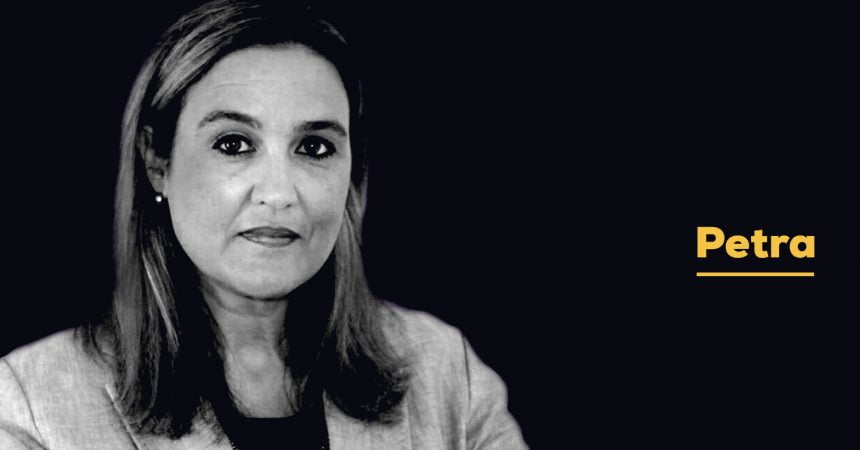The electoral campaigns are building up. All sides are rolling up their sleeves and pitching into the political boxing ring. The polls show the Opposition as the clear underdog. In any event, the government is not about to change. This is not a general election.
Like any mid term elections, it is an opportunity to take stock. Migration and traffic have emerged as important topics, based on the same underlying concerns: carrying capacity and over development. And, essentially, the absence of convincing long term plans.
The government is building big roads, postponing traffic gridlock by a few years. This does not address the root of the problem. No public transport solutions are on offer by the government other than a promise of free bus tickets. As Opposition Leader Adrian Delia quipped, we will still be stuck in traffic for an hour and a half and arrive late, but for free.
The road tunnel to Gozo will extend the traffic across the channel, also generating masses of construction waste. Environment Minister Jose Herrera has just waded into the debate on this point. On Monday he put out feelers on the government’s land reclamation idea. Contractors will dump their waste in the sea, eventually providing an open public space on top in return (with just a few houses…). At first glance, this reminds me of that old plan to convert the Maghtab dump into a family park.
Herrera should acknowledge that land reclamation as proposed will justify more building and further fuel over development – thus exacerbating Malta’s environmental challenges and threats. We need a cultural shift, not more construction like there is no tomorrow.
Once land reclamation becomes the way to go, contractors and developers will persist in digging up Malta and Gozo, freely tipping massive crushed piles of stone debris into the sea.
The Xgħajra coastline has been identified by the Environment Authority as the most viable area for large scale land reclamation. This means that while unnecessarily giving away a natural open space at Żonqor, an artificial open space will instead be built nearby at great expense.
The original call for expressions of interest in land reclamation in 2013 also invited proposals for foreshore projects, or even the creation of an artificial island. Have these now been excluded? We cannot know as everything is being kept under wraps.
Twenty-one proposals were submitted back then, such as extending Tumas Group’s Portomaso into the sea at St Julian’s. This then surfaced in the 2016 draft master plan for Paceville, currently on hold at the Planning Authority and waiting for a favourable wind to set sail.
The supposedly strategic plan for development (the SPED) of 2015, had promised a “framework for the spatial planning of the Coastal Zone and the Marine Area which supports land reclamation to further socio-economic development”.
No such framework has been presented. Dumping waste on the sea bed to enable more construction, while attempting to appease voters’ frustration at over development with a recreation area on top of the mound, is not it.
It is certainly easier to present ideas, including for a parliamentary vote, without much detail. The Prime Minister is adamant that the Gozo tunnel will go ahead. Is he therefore saying that this land reclamation is also certain to go ahead, and was that voted upon too? If not, what are the alternative possibilities for the resulting construction waste from boring tunnels? Let’s have some clarity on this before it is too late.
The SPED is up for renewal but carries no weight. The new local plans are on the shelf. The Paceville master plan is not concluded. The petrol stations policy is very late.
A lack of solid planning underpins the immigration question too. Muscat said that he hopes that all Maltese become skilled workers. This suggests that he hopes that Malta will continue depending on low paid foreign labour from non-EU countries in the longer term.
In that case, what is therefore the long term plan for these workers? If they stay in Malta, as some surely will do, how are they to be integrated into Maltese society? Immigration of this type and scale needs to be well managed to avoid potentially huge social problems in the future, as experienced in other, much larger countries already.
What will Malta need in 15 or 20 years’ time, and where are we heading? This vision should shape the electoral debates on all sides.
The country cannot depend on a short term feel good factor, and only make hay while the sun shines. The sky will surely turn cloudy at some point. Selling passports will come to an end. The traffic is heading for gridlock. Excessive construction must soon be curbed. Immigration cannot be unlimited and open ended. What then?
petracdingli@gmail.com












